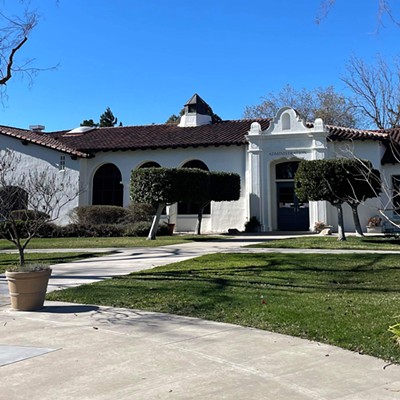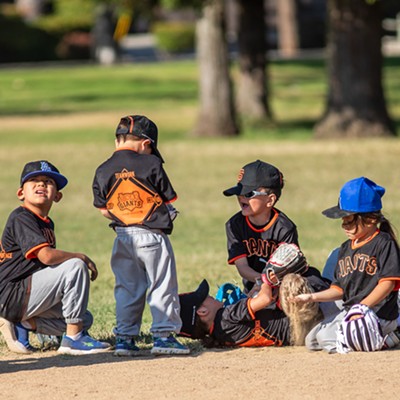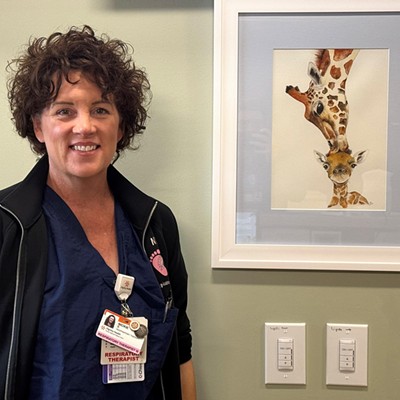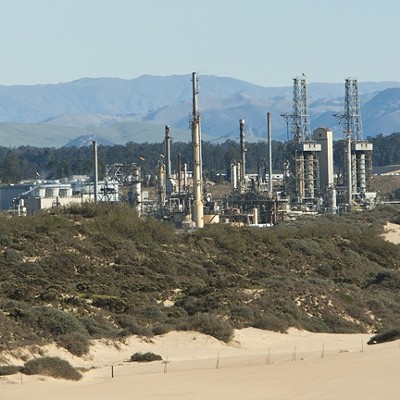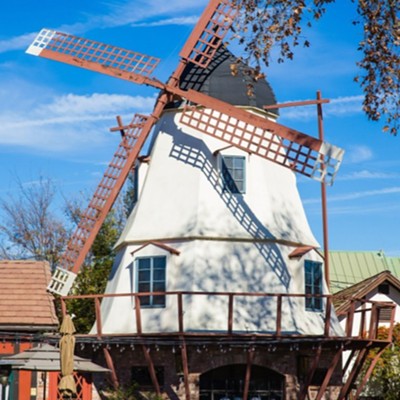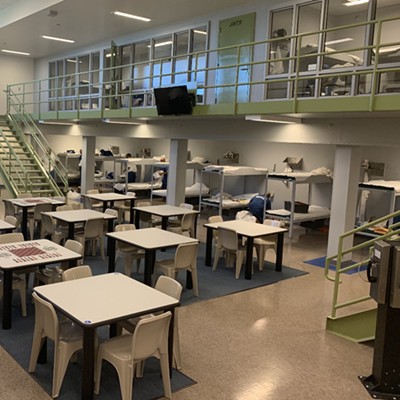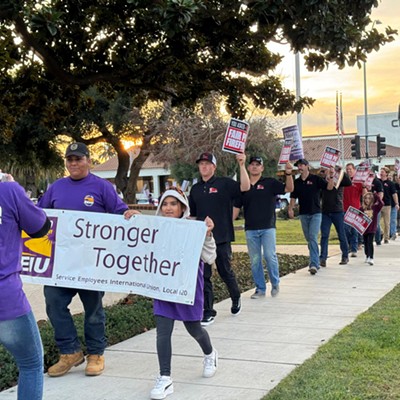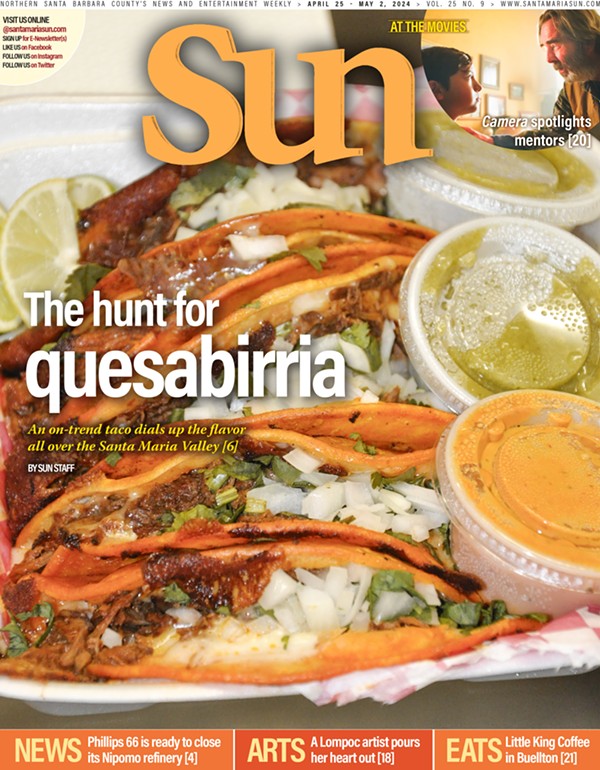Several U.S. Department of Labor investigations spanning from April 2020 to February 2022 found that four Santa Maria area farms failed to provide meals for temporary farmworkers (or lacked kitchen facilities), didn’t pay for the required transportation, failed to provide a contract to workers, and shortchanged workers’ wages—violating H-2A farmworker visa requirements—according to the Department of Labor’s Wage and Hour Division documents.
“Employers that benefit from the H-2A guest worker program must be aware of all their responsibilities,” Wage and Hour Regional Administrator Ruben Rosalez said in a statement. “Agricultural workers employed under the H-2A program must be paid as their contracts require and be provided with what they need to live and work safely while contributing critical labor to California’s agriculture industry.”
The H-2A program allows agricultural employers to bring foreign workers to the U.S. for seasonal work if there’s an anticipated shortage of domestic workers, according to the department’s website. Employers are required to create a contract to describe conditions of employment, housing, transportation, and accurate records.
Santa Maria-based Adam Bros. Farming, Boavista Farms, and Profresco Inc., along with Nipomo-based SARC paid administrative settlements to employees and penalties after failing to meet federal and state requirements. The investigations led to the recovery of $225,114 in wages for 588 workers, and $54,617 in penalties from those four farms and one other California-based farm, documents stated.
All of the farms failed to provide adequate transportation for their workers, according to the department. Adam Bros. didn’t provide meals, failed to pay required wages, didn’t provide contracts at the time of hire, and unlawfully deducted meal costs—including when meals were not provided. Boavista didn’t meet transportation safety requirements and didn’t provide contracts at the time of hire, the Department of Labor explained.
“SARC in Nipomo did not ensure health and safety standards, and prepared meals failed to meet local health standards causing some workers to become ill after consuming spoiled lunch. SARC also failed to provide personal protective equipment and supplies to workers,” the investigation stated.
Adam Bros. and Boavista Farms said they had no comment. The Sun couldn’t reach Profresco Inc. and SARC Inc. before going to press.
Central Coast Alliance United for a Sustainable Economy (CAUSE) Policy Advocate Rebeca Garcia said the settlements highlight major issues with the H-2A visa program.
“This reveals the systemic problem and power dynamics that are already inherent. Temporary workers are really isolated and it makes it hard for them to know and understand their rights, but it’s impossible when their employer controls every aspect of their lives [like] their work, housing, and transportation,” she explained.
Garcia added that this investigation may be the “tip of the iceberg” as more farmworkers advocate for their rights through wage strikes and protests.
“These reports are based off the amount of workers who feel comfortable reporting and coming forward with their experiences,” she explained. “This is just a small portion of it; we don’t know how many workers keep things to themselves because they don’t know how to advocate for themselves.”
Now Garcia said companies will be more careful because there are more people watching their actions, but attention alone is not going to add up to substantial change. She’s concerned H-2A workers will continue to feel isolated and they won’t receive adequate information about their rights.
“Companies shouldn’t be meeting the minimum requirements because they know someone is watching them. We shouldn’t be facing the cycle of abuse without that extra set of eyes because it’s easy to get a bad power dynamic, and that makes companies comfortable in doing what they want to do and not what is necessary,” Garcia continued.


